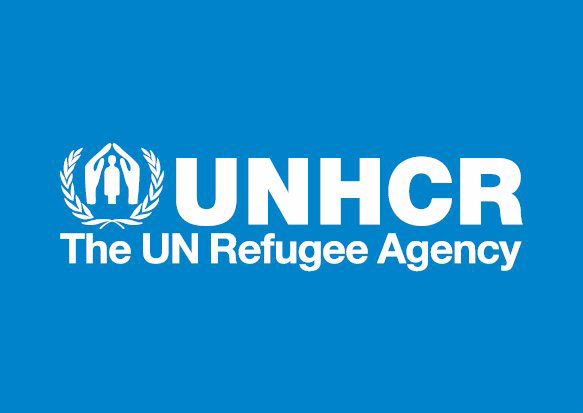Why was United Nations High Commissioner for Refugees Awarded the Nobel Prize for Peace in 1954?
Exploring the Reasons Behind UNHCR's Nobel Recognition in 1954
The UNHCR’s Nobel Peace Prize Triumph: A Legacy of Compassion
In 1954, the United Nations High Commissioner for Refugees (UNHCR) was recognized with the prestigious Nobel Peace Prize, a testament to its unwavering commitment to alleviating human suffering and championing the cause of displaced persons across the globe. The accolade acknowledged the UNHCR’s tireless efforts in promoting peace through its dedicated humanitarian work and advocacy for the rights and well-being of refugees.
 Responding to a Global Crisis
Responding to a Global Crisis
The aftermath of World War II brought about a humanitarian crisis of unprecedented proportions, with millions of people displaced and in desperate need of assistance. The UNHCR, established in 1950, stepped in as a beacon of hope, tasked with the vital mission of providing aid, protection, and support to those forced to flee their homes due to conflict, persecution, and violence.
Promoting Stability and Unity
The UNHCR’s work extended beyond immediate relief efforts. By providing essential aid such as shelter, food, medical care, and education, the organization aimed to restore a sense of normalcy and stability to the lives of refugees. Additionally, the UNHCR played a pivotal role in fostering unity and collaboration among governments, NGOs, and communities to address the complex challenges posed by displacement.
Advocacy for Refugee Rights
Beyond humanitarian assistance, the UNHCR consistently advocated for the rights of refugees on the international stage. The organization worked tirelessly to ensure that displaced individuals were treated with dignity, enjoyed access to basic services, and were provided with opportunities for self-reliance and integration. Its efforts aimed to combat discrimination and create an environment where refugees could rebuild their lives with hope and purpose.
Fostering Peace Through Protection
The UNHCR’s impact on global peace was profound. By providing refuge and addressing the needs of displaced populations, the organization played a crucial role in preventing further conflicts and displacement. Its work exemplified the principle that protecting the rights and well-being of vulnerable individuals contributes to a more stable and harmonious world.
Nobel Peace Prize Recognition
In 1954, the Nobel Committee acknowledged the UNHCR’s monumental contributions to peace by awarding it the Nobel Peace Prize. The decision highlighted the organization’s relentless dedication to addressing one of the most pressing humanitarian challenges of its time. The recognition underscored the belief that safeguarding the dignity and rights of refugees is not only a moral imperative but also a critical component of global peace.
Legacy and Ongoing Impact
The Nobel Peace Prize bestowed upon the UNHCR served as a testament to the enduring impact of its work. Over the decades, the organization has continued to evolve and adapt to the changing dynamics of displacement, ensuring that its mission remains relevant and effective in the face of evolving crises.
The UNHCR’s Nobel Peace Prize win in 1954 celebrated its commitment to compassion, dignity, and unity. The recognition highlighted the organization’s role as a peacemaker, reminding the world that upholding the rights of refugees and providing them with opportunities for a better future is a pivotal step towards achieving global harmony and security. The UNHCR’s legacy of compassion continues to inspire individuals and nations to work towards a more inclusive and peaceful world.




